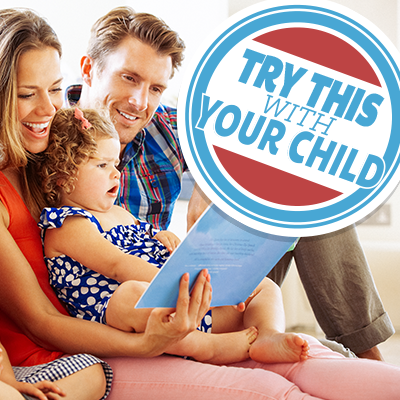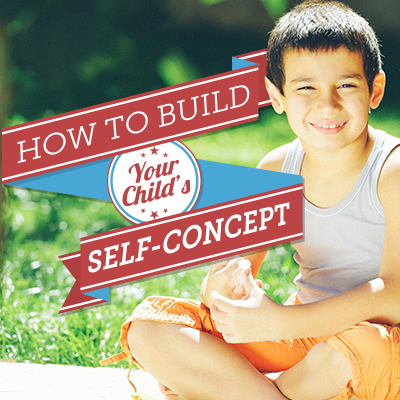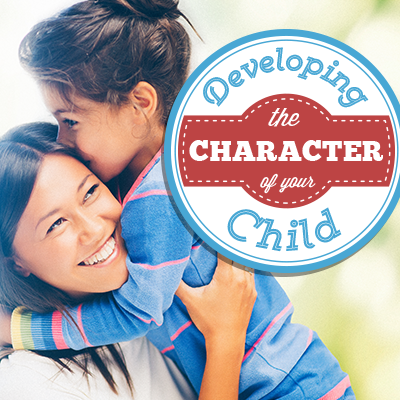Try This With Your Child
Rule of Thumb: Don’t Ask Questions You Already Know The Answer To. Make statements.
Questioning children about their behavior is a common practice of parents, even though they have observed the behavior happening. "Did you use all my scotch tape?" "What time did you get home last night?" "Did you knock over the lamp?" This is understandable since most parents grew up in homes and classrooms where questions about behavior were a normal practice.
The interaction usually goes something like this:
Mom walks into the living room of her home just in time to see Daniel throw a rubber ball across the room and smack the wall below a picture hanging on that very wall. Mom is noticeably emotionally agitated and with a rising tone of voice asks, “Did you throw that ball?” Daniel feels cornered, threatened, defensive, and quickly says, “No.” Mom has asked a question she already knows the answer to and in the process opens the door for Daniel to tell a lie to avoid being punished. Perhaps he does need to be disciplined, but the situation now has escalated far beyond the initial behavior of throwing the ball.
This episode could have been avoided by making a statement rather than asking a question.
Mom: “I see you just threw that ball and smacked the wall.” The situation can now be dealt with in a calm manner because Daniel hasn’t been put into a defensive position.
Mom: “When you choose to throw the ball in the house, you choose not to play with the ball for the rest of the day. When you choose not to throw the ball in the house, you choose to get to play with the ball for that day. (For older children the choice would be: "You choose not to play with the ball for the next three days.")
Daniel has now learned something that will shape his life: His choices have consequences.
Or this...
Brianna, an adolescent, often comes in an hour later than the agreed time to have the car in the garage. Battles, laced with threats and yelling, had raged between Dad and Brianna over getting home at an agreed time. Applying what he had learned from the Choices, Cookies and Kids approach, Dad sat down with Brianna and calmly said, “When you choose to come home at the agreed time, you choose to get to have the car the next weekend. When you choose not to come home at the agreed time, you choose not to have the car the next weekend. The next time she came home late, instead of asking, “What time did you get home last night?” Dad calmly said, “I noticed you came in an hour later than the time we agreed on. You have chosen not to use the car next weekend.” Brianna has made her choice and no matter what she promises, Dad will not change Brianna’s decision, thus allowing her to learn about decisions and responsibility.






